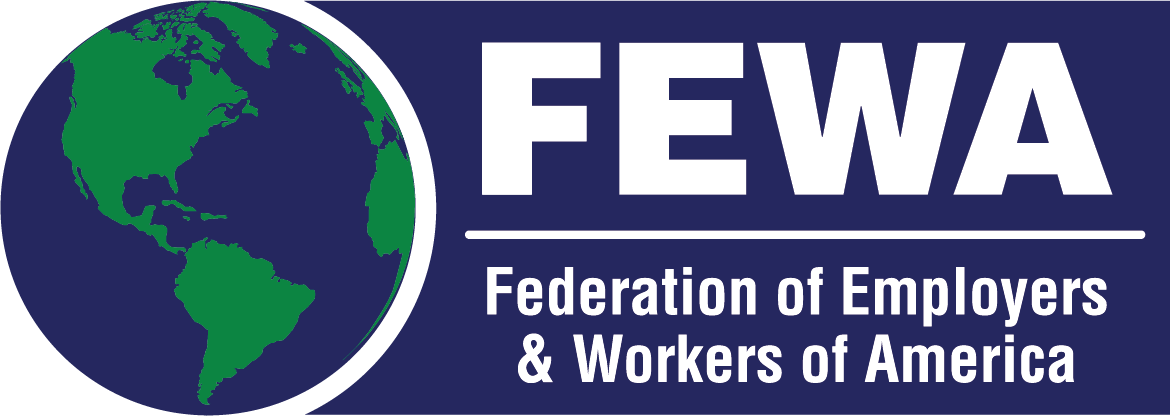The federal H-2A and H-2B programs require employers to adhere to certain guidelines in order to be eligible. These guidelines are put in place to ensure fair treatment for both U.S and foreign workers.
While the vast majority of H-2A and H-2B employers follow the guidelines and stay compliant, there are instances that serve as a reminder of why these guidelines are put into place.
In a 2023 investigation by the U.S. Department of Labor’s Wage and Hour Division, a Cortland, New York facility was found to be in violation of H-2B guidelines when they fired U.S. workers so H-2B workers could take their place. They did not advertise the availability of housing to U.S. workers, potentially discouraging them from applying for the jobs, and failed to pay H-2B workers for meals and lodging expenses incurred during their travel to the U.S.
The Cortland, New York facility paid $277, 315 to resolve their violations, along with $20,000 to the U.S. Department of Labor for civil penalties and was banned from utilizing the H-2B program for three years. The employer was also debarred from the H-2B program for three years as a result of its violations.
In June 2023, a federal court sentenced a South Carolina H-2A labor contractor to 40 months in federal prison and three years of court-ordered supervision following his term of imprisonment after a U.S. Department of Labor and multi-agency investigation found the employers subjected migrant farmworkers to exploitative labor practices, confiscated passports and housed workers in unsafe and unhealthy conditions.
In addition, the court also ordered the labor contractor to pay $508,125 in restitution to 55 affected workers and forfeit more than $32,000 in business funds. The business is also subject to three years of probation.

Specifically, it was determined the labor contractor violated federal laws by:
- Not meeting job orders’ requirements by omitting terms and conditions, including additional worksites.
- Intimidating and discriminating against workers with threats to call immigration services if the workers left their jobs. The employer also withheld some workers’ passports and visas.
- Not paying workers based on the adverse effect wage rate and making them work for more hours than the job order stated.
- Requiring workers to purchase gloves and knives needed for their tasks.
- Not reimbursing workers for inbound and outbound transportation to and from their place of residence. The employer also failed to reimburse workers for their visa costs at a price of $190 each.
- Failing to meet the three-quarters guarantee for work hours because workers left the jobs due to exploitation. The employer also paid seasonal workers less than H-2A workers for the same work.
- Charging workers $100 per week for meals, a cost not disclosed in the job contract.
- Failing to provide housing that met safety and health requirements.
H-2A businesses that utilize services provided by labor contractors may be liable for violations as well, therefore, it is important to understand and comply with all the requirements of the H-2A program. The Federation of Employers and Workers of America (FEWA) provides its members with the tools necessary to stay current on compliance guidelines. Members receive access to compliance training videos, webinars and legal assistance, if needed, at no additional cost.
“FEWA members have the unique benefit of joining one association to file the H-2A or H-2B paperwork, process workers abroad, advocate in DC, educate on Compliance, and have access to legal resources,” explained Arnulfo Hinojosa, Vice President of FEWA. “We take pride in working with respectable employers that are willing and capable of following the rules.”
For additional information regarding FEWA and the H-2A and H-2B programs, visit www.fewaglobal.org or call 877-422-3392.
######
Additional Information:
Established in 2003, FEWA is an internationally recognized nonprofit trade association created to assist employers in labor-intensive service industries throughout the United States navigate the H-2A and H-2B Guest Worker Visa programs.

